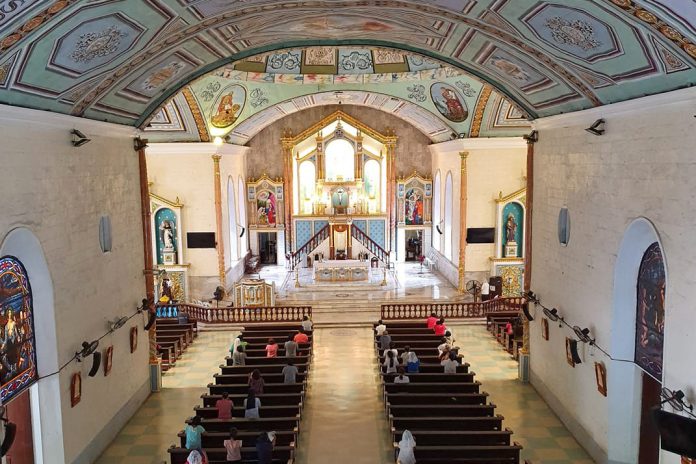The world’s first Catholic diocese to go full solar aims to expand its alternative energy set-up within the next few years, its bishop said.
Bishop Precioso Cantillas of Maasin said the plan is to install more solar panels in the diocese as clean and renewable source of power.
“Hopefully, we will reach a level where we can contribute more significantly to the restoration and preservation of our environment,” Bishop Cantillas said.
In a new document released June 18, the Vatican has earlier commended Maasin for becoming the first diocese in the entire Catholic Church to adopt renewable energy in its 42 parishes since 2018.
Titled “Journeying for the care of the common home – five years after Laudato si,” the document not only offers reflections on caring for the common home, it also cites many initiatives and “best practices” from across the Catholic world.
“This news encourages us more to expand the use of renewable energy, solar power, which we have introduced in the diocese,” he said.
As the Church pushes for fossil fuel divestment, many dioceses and Catholic institutions support the calls with “practical” initiatives by increasing renewable energy use.
As of September 2019, around 40 of the country’s 85 archdioceses and dioceses have already started the process of installing solar panels.
The project is in partnership with WeGen, a next-generation technology company inspired by Pope Francis’ encyclical Laudato Sì.
Bishop Cantillas pointed out that the diocese has saved more than P100,000 in electricity bills per month because of the solar panels in the cathedral and school buildings alone.
WeGen said the Maasin diocese was not only able to cut their power cost, “but also show the world what pursuit of the care for our common home, as embodied by Pope Francis’ Laudato Sì, looks like”.
The prelate also expressed hope that more dioceses will adopt the use of renewable energy “so that God’s creation will be restored even just in a little degree”.
“We hope that more dioceses will adopt this alternative power sources to continue Christ’s mission of restoring all things back to how the Father has willed it,” he said.









